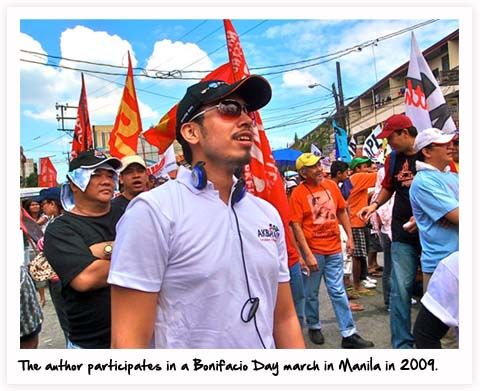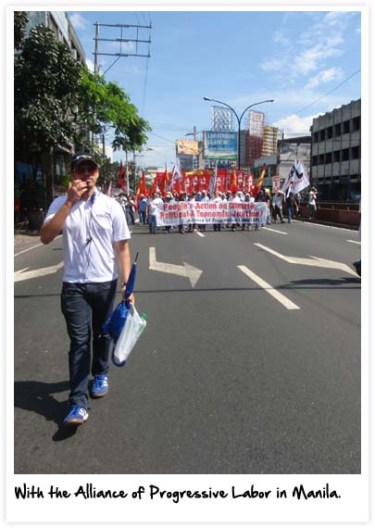Filtered By: Topstories
News
Son of Asia: The odyssey of a Persian-Filipino
By RICHARD HEYDARIAN
First of two parts Modern globalization has given birth to a new breed of humanity that shares the souls, blood, and cultures of different races. I am a product of such an intermingling of nationalities. Like many others, my parents found soul mates from distant lands: my fatherland is Persia (Iran) while my motherland is the Philippines. I share the DNA of two huge, dynamic and developing nations that in their histories have gone through their own share of glory and pain. Naturally, the dilemmas and identity issues that people of my kind share are more complex than a person with a single nationality. Adding to the complexity of my childhood was the fact that my parents had different religions; my father is a Shiite Muslim while my mother is a Catholic. My response to such a fundamental (psychological) challenge has been forthright. What has made me 100% Filipino and 100% Iranian is my consciousness of the history, culture and politico-economic context of my parents’ nations. Instead of simply shelving aside questions of identity by claiming that I am a global citizen (as many bi-nationals tend to do), what I have tried to do was deepen my understanding of and ties to my Filipino and Persian backgrounds. 

 Part 2: A Persian-Filipino returns to his Fatherland, Iran Being both Filipino and Iranian has given me a unique vantage point from two distant points on the globe to assess the value of elections to a people’s aspirations. But in Iran, I was constantly worried that they would think I was a foreigner or an agent of the “foreign powers."
Part 2: A Persian-Filipino returns to his Fatherland, Iran Being both Filipino and Iranian has given me a unique vantage point from two distant points on the globe to assess the value of elections to a people’s aspirations. But in Iran, I was constantly worried that they would think I was a foreigner or an agent of the “foreign powers."



More Videos
Most Popular



